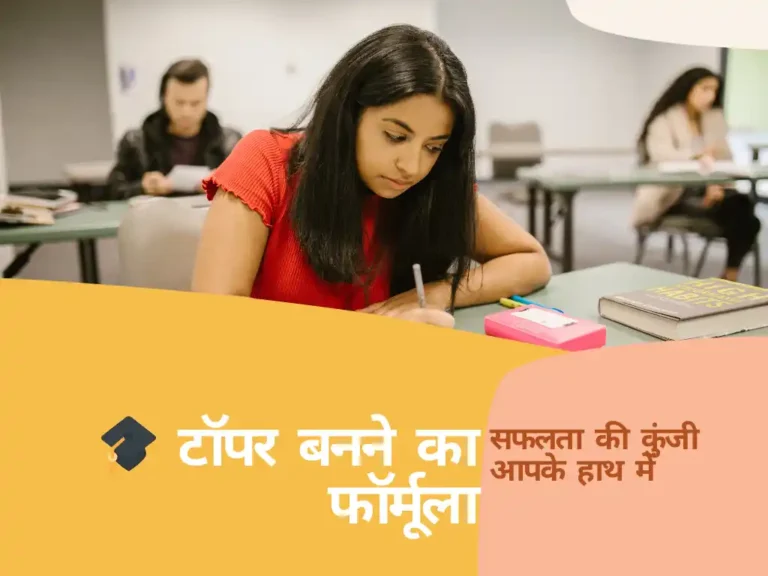

The Future of Education: Trends to Watch in 2024
Education is evolving rapidly, with innovative trends reshaping how we learn and teach. As we step into 2024, let’s explore the key trends that are defining the future of education and transforming traditional classrooms into hubs of creativity and innovation.
1. Personalized Learning with AI
Artificial intelligence is enabling customized learning experiences by analyzing students’ strengths and weaknesses. AI-powered tools adapt teaching methods to cater to individual needs, ensuring effective learning outcomes.
2. Hybrid and Virtual Learning
With the rise of technology, education has transcended physical boundaries. Hybrid models, combining in-person and virtual classes, offer flexibility and accessibility to learners worldwide.
3. Gamification in Education
Gamification is making learning fun and interactive. Incorporating game-like elements such as rewards, leaderboards, and challenges keeps students motivated and engaged.
4. Focus on Life Skills
Educational curriculums are shifting towards life skills such as critical thinking, problem-solving, emotional intelligence, and financial literacy to prepare students for real-world challenges.
5. Sustainability in Education
Environmental awareness is becoming an integral part of education. Schools are adopting sustainable practices and teaching students about eco-friendly solutions.
6. Integration of AR and VR
Augmented and virtual reality are creating immersive learning experiences. From exploring historical landmarks to understanding complex scientific concepts, AR and VR are revolutionizing how students interact with content.
Why These Trends Matter
These advancements are making education more inclusive, engaging, and future-ready. By embracing these trends, we can bridge gaps and empower learners to thrive in a dynamic world.
The future of education is bright, driven by technology, creativity, and inclusivity. As we embrace these trends in 2024, we prepare ourselves and future generations for a world full of possibilities.
Call to Action
Which of these trends excites you the most? Share your thoughts in the comments and join the conversation about the future of education!
Categories
Tags
You May Also Like
-
-
August 16, 2025
-
-
August 11, 2025
-
-
August 10, 2025



